Great Dane
Showing all 8 results
iHeartDogs is Your #1 Source for Great Dane Lover Gifts – Great Dane Shirts, Great Dane Sweatshirts, Great Dane Mugs, Great Dane Jewelry, Great Dane Memorial Products & More!
Each Purchase Helps Provides Donated Food to Shelter Dogs!
Since 2013, iHeartDogs has supported rescues and shelters through each purchase in our Great Dane gifts store. Shop great dane t-shirts for him, great dane shirts for her, great dane mugs, great dane hoodies & sweaters, great dane jewelry, and great dane pet memorial gifts.
In our iHeartDogs Dog Health Supplements store, you’ll find Hip & joint supplements for your great dane, great dane probiotics, CBD for great danes, great dane allergy supplements & fish oil, and great dane dental chews & cleaners.
With the cost of veterinarian care skyrocketing, make sure you compare pet insurance plans for your great dane. In recent years, many new pet insurance companies have entered the market and pet insurance for your great dane has become more affordable.
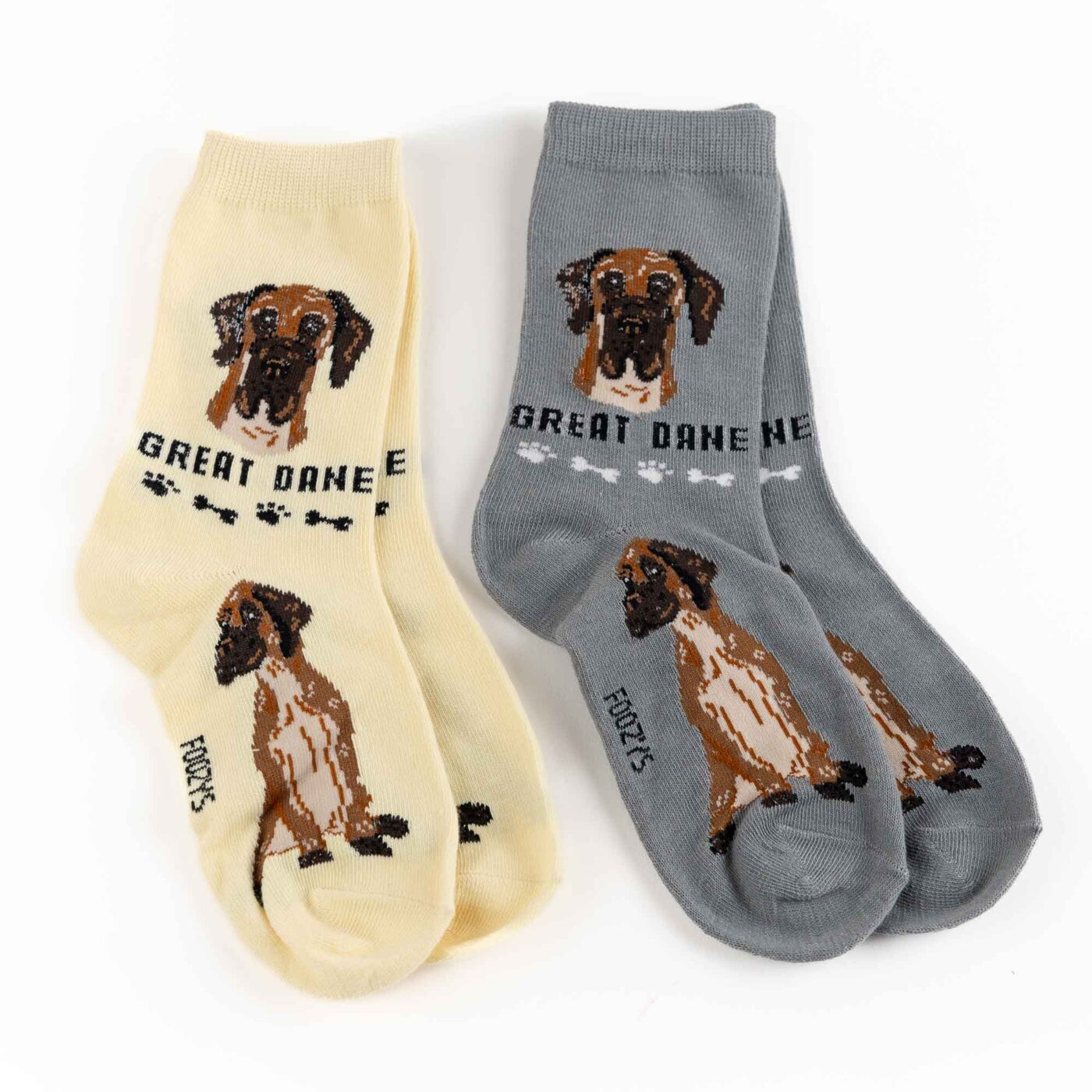
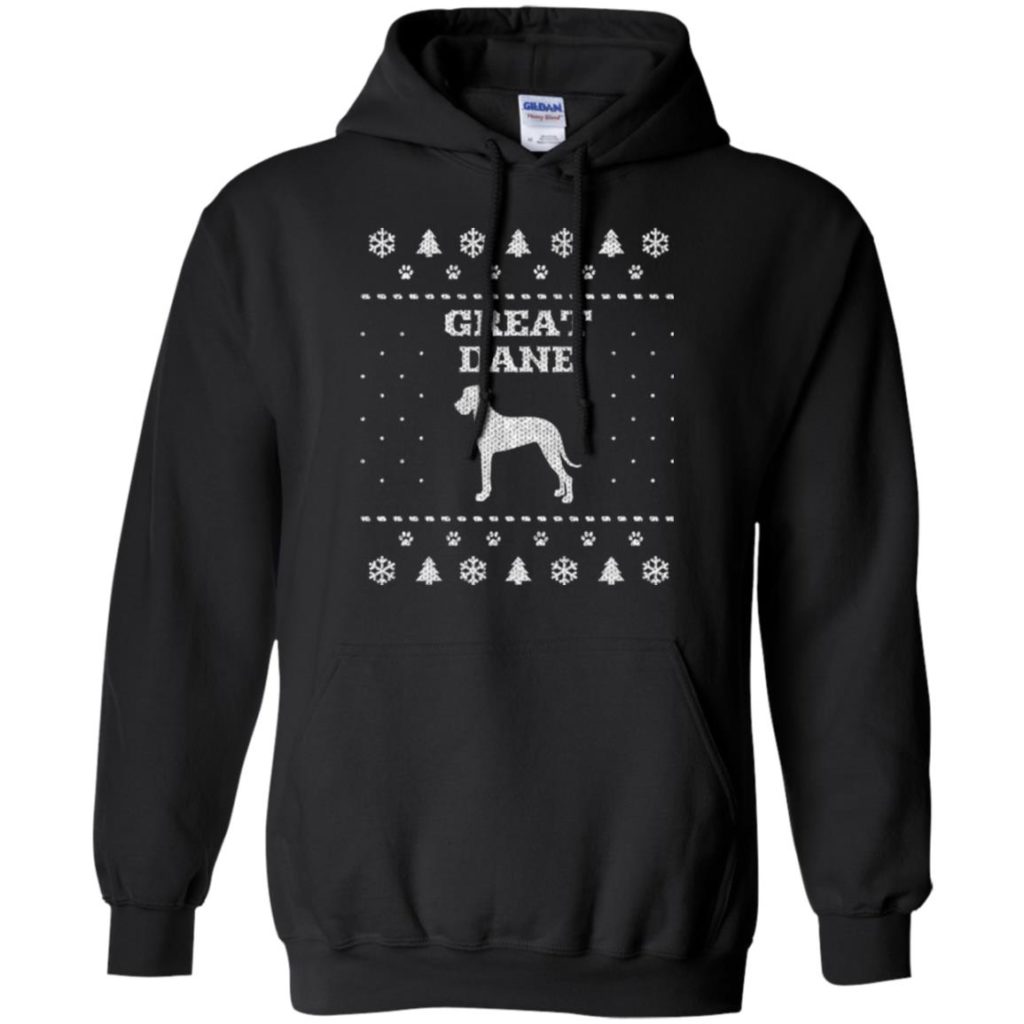
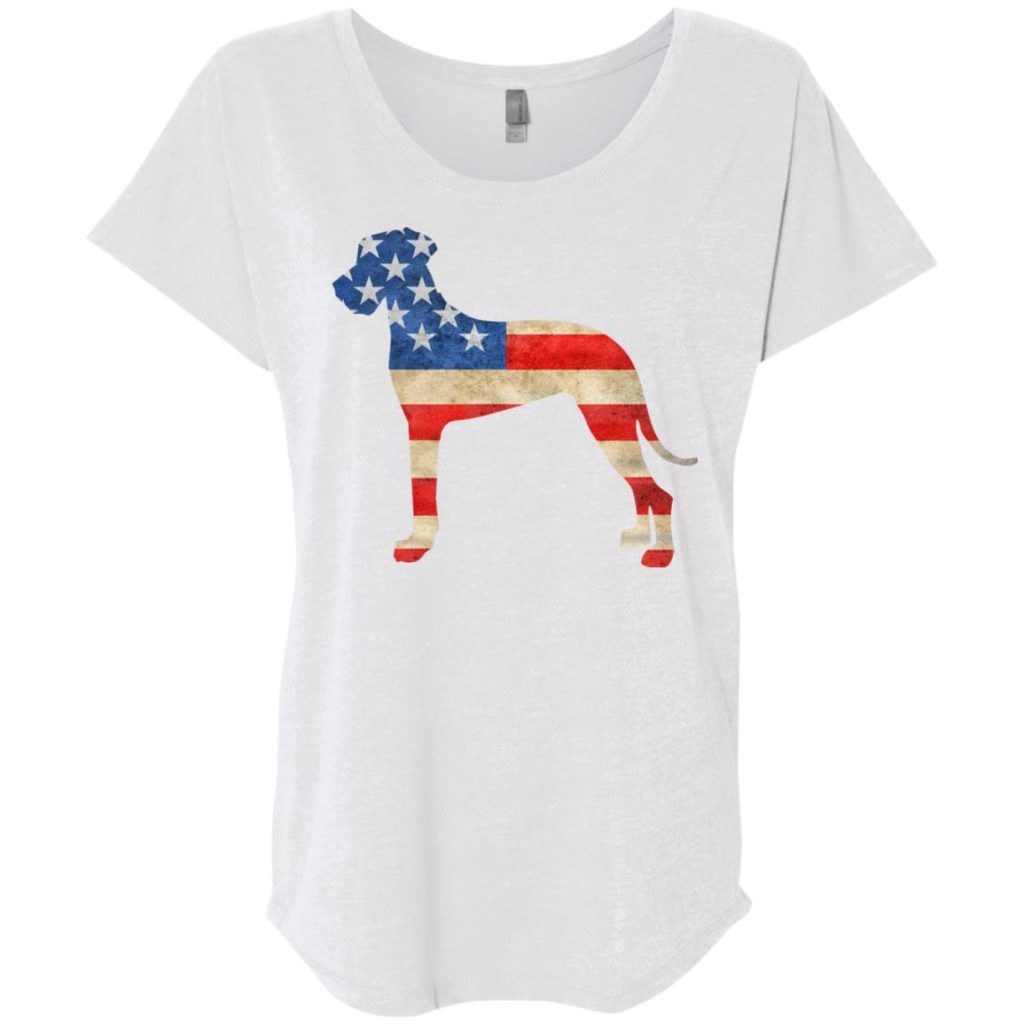
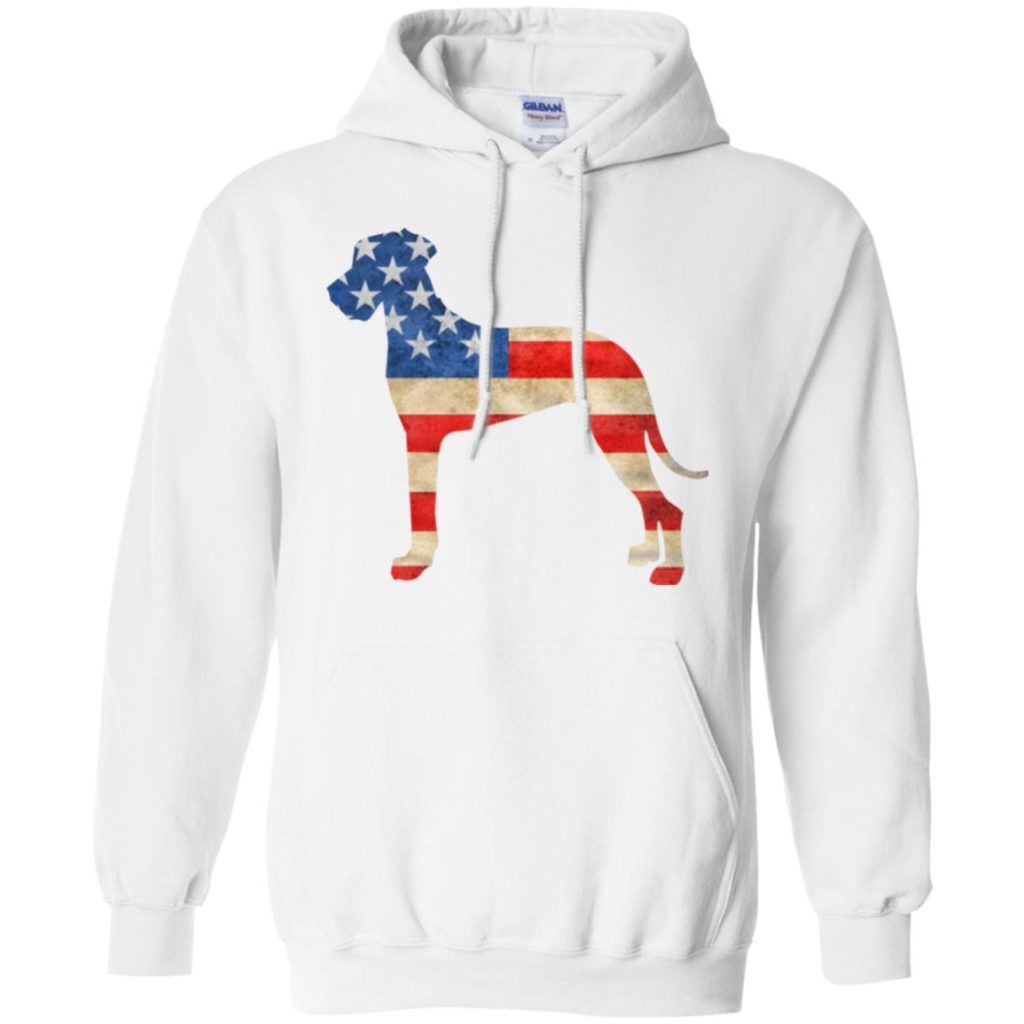
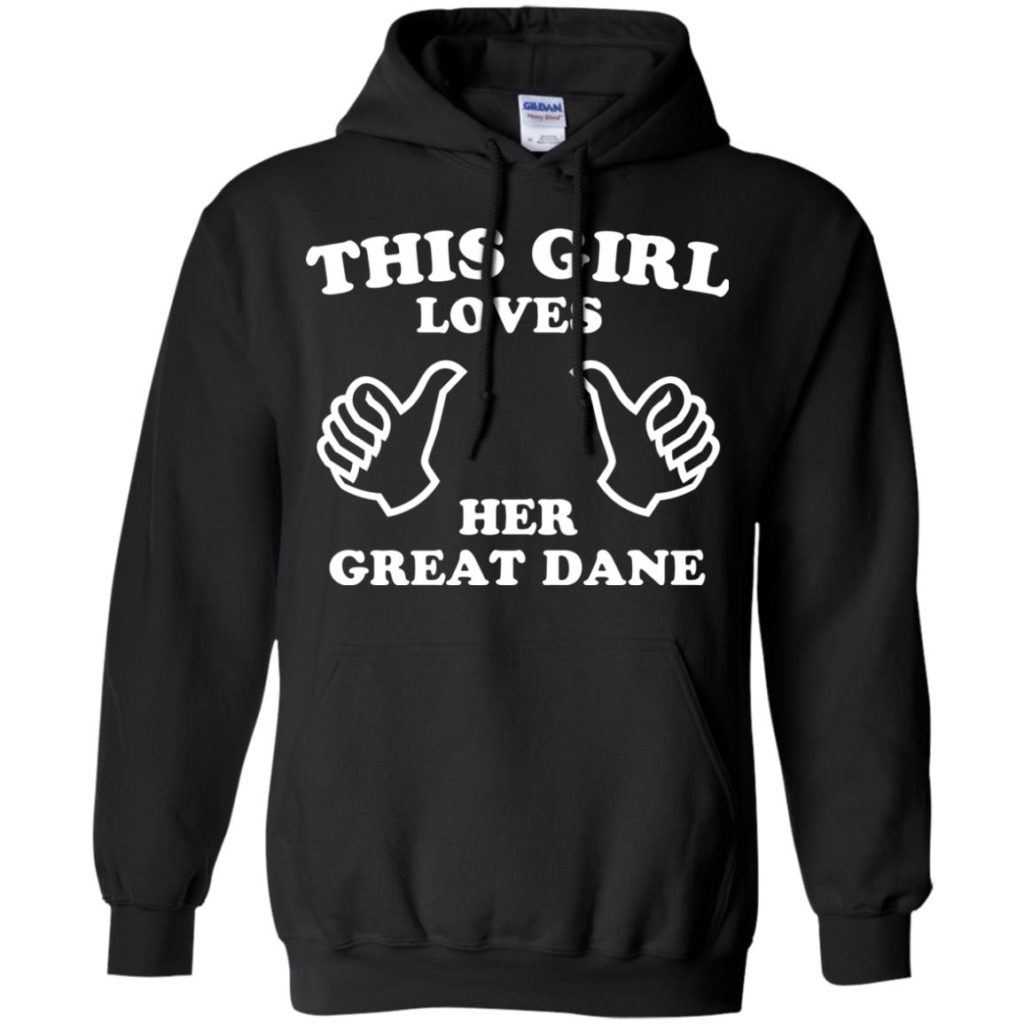
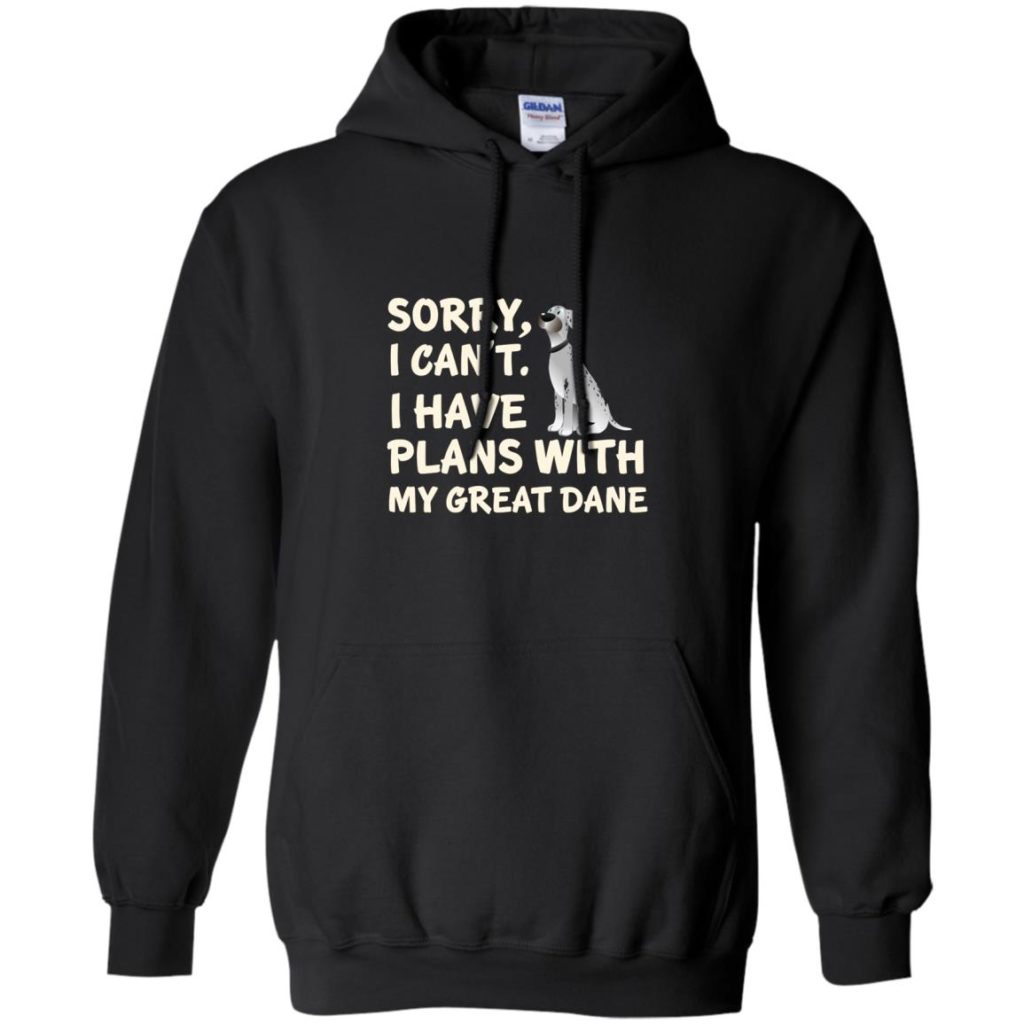
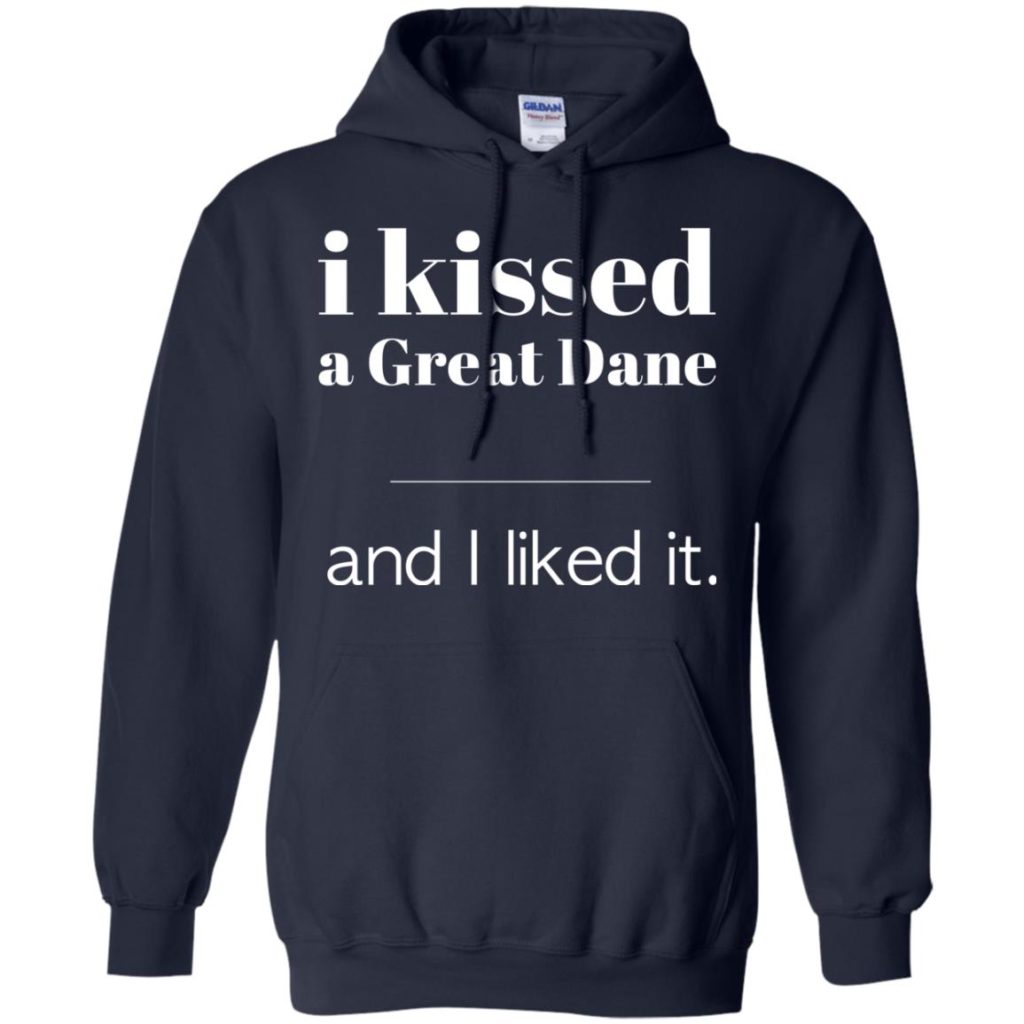
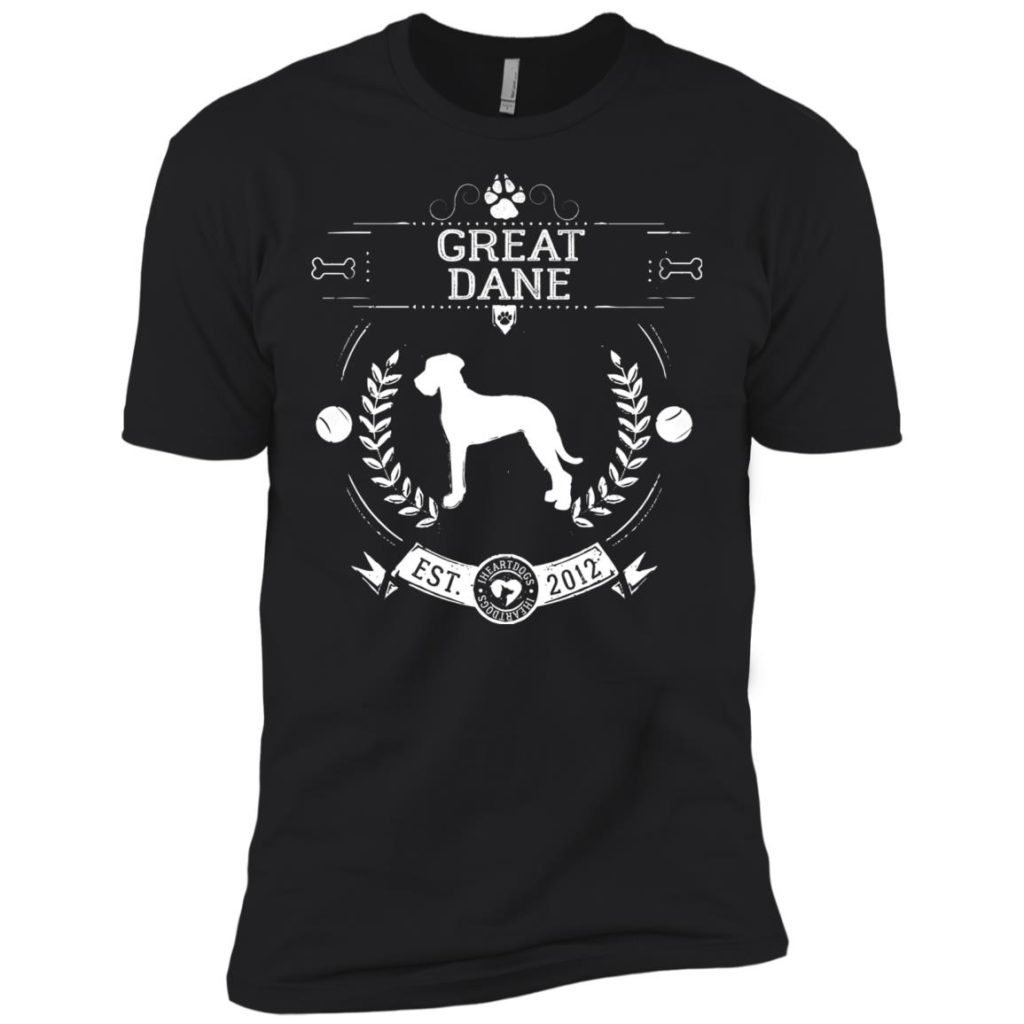

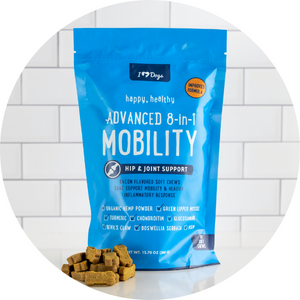
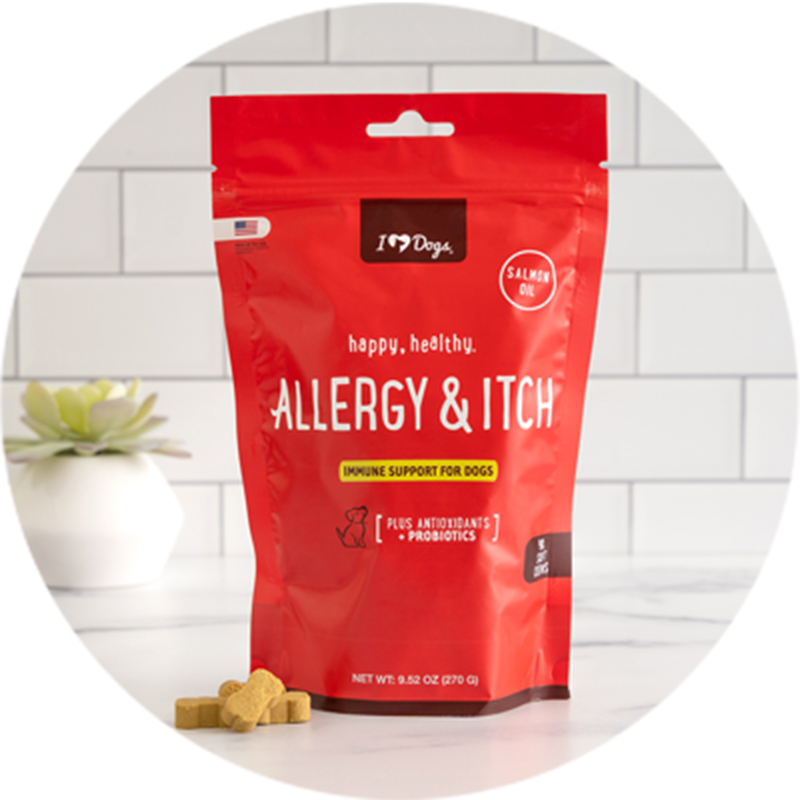
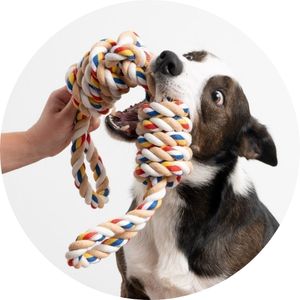
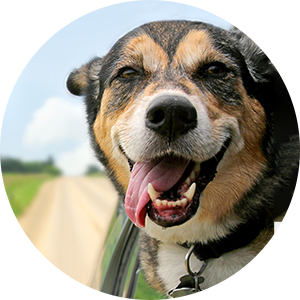
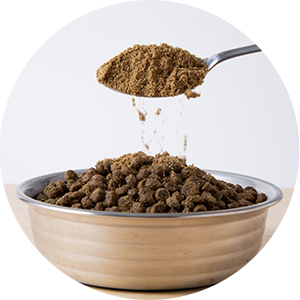
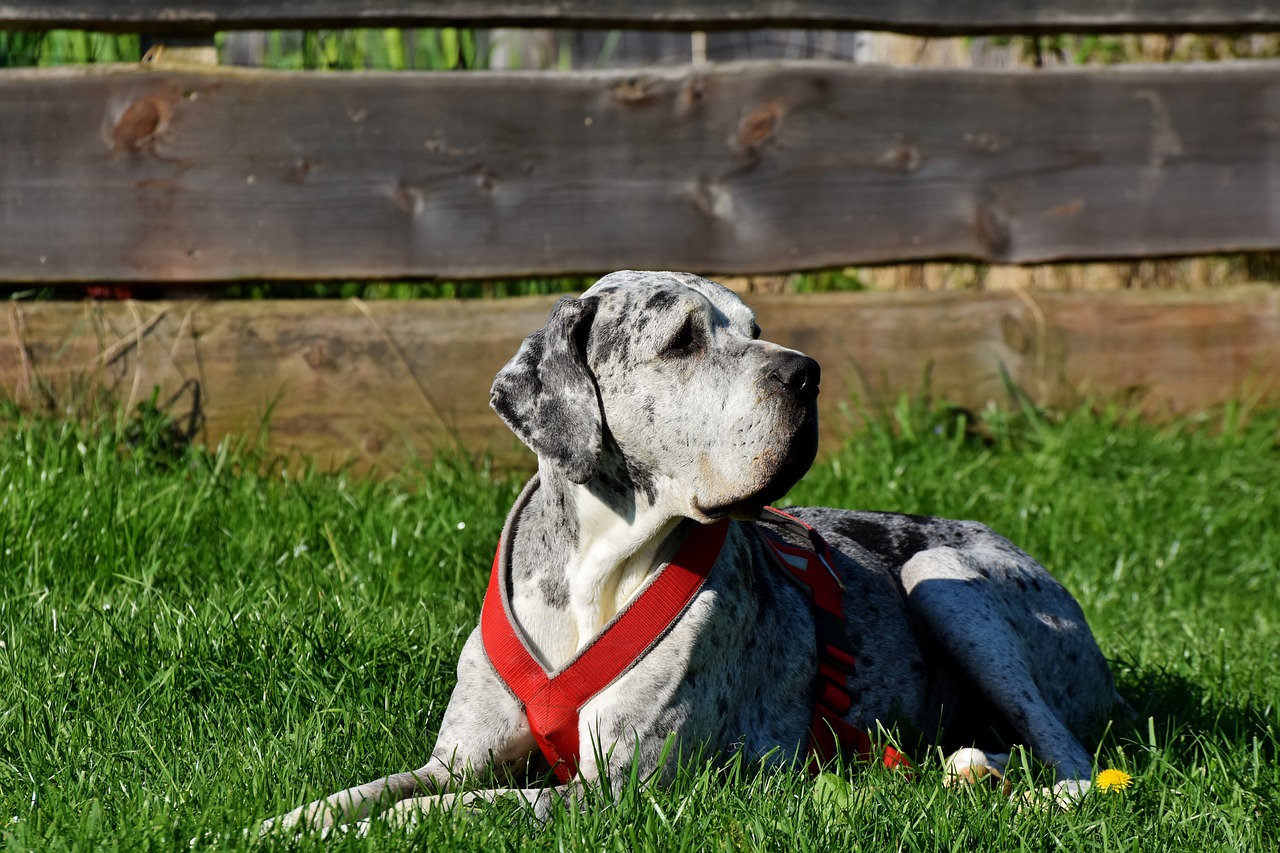

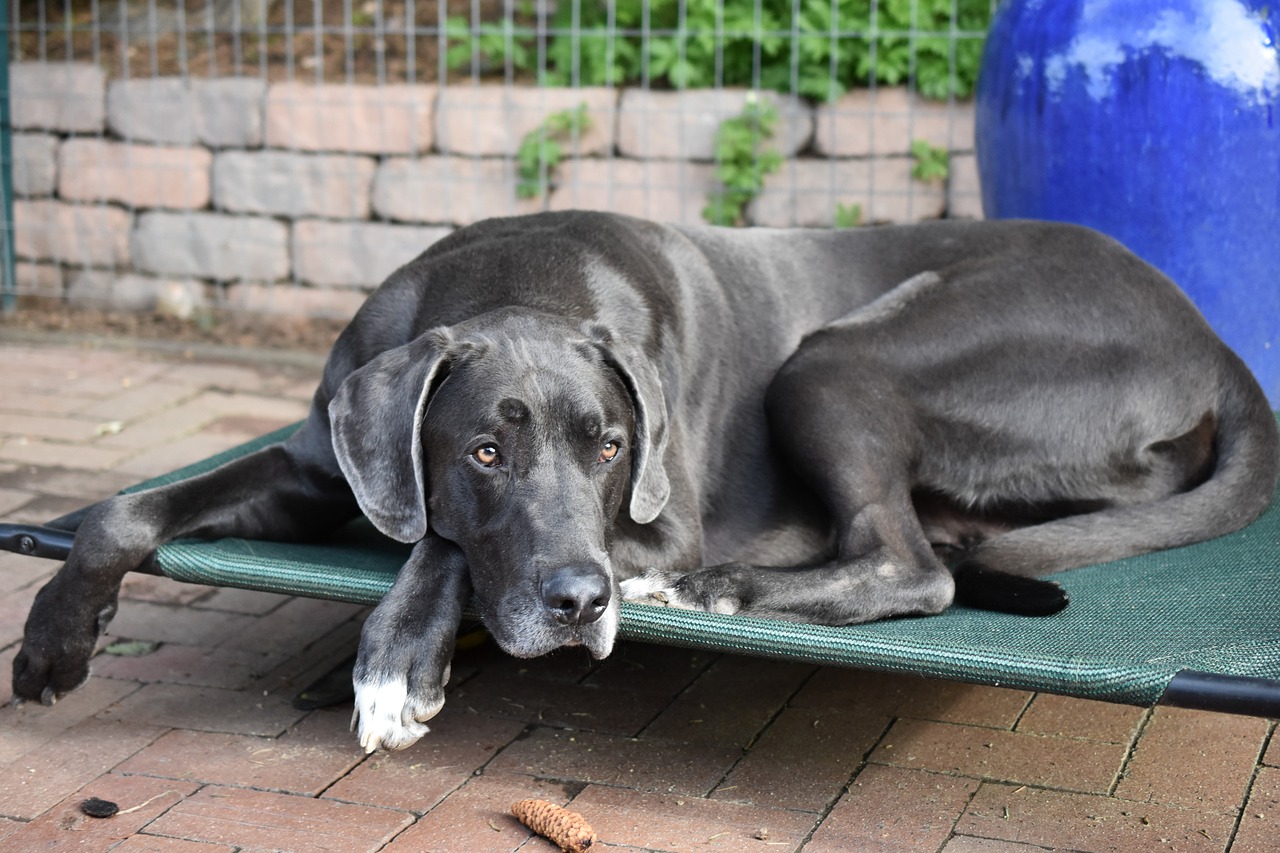
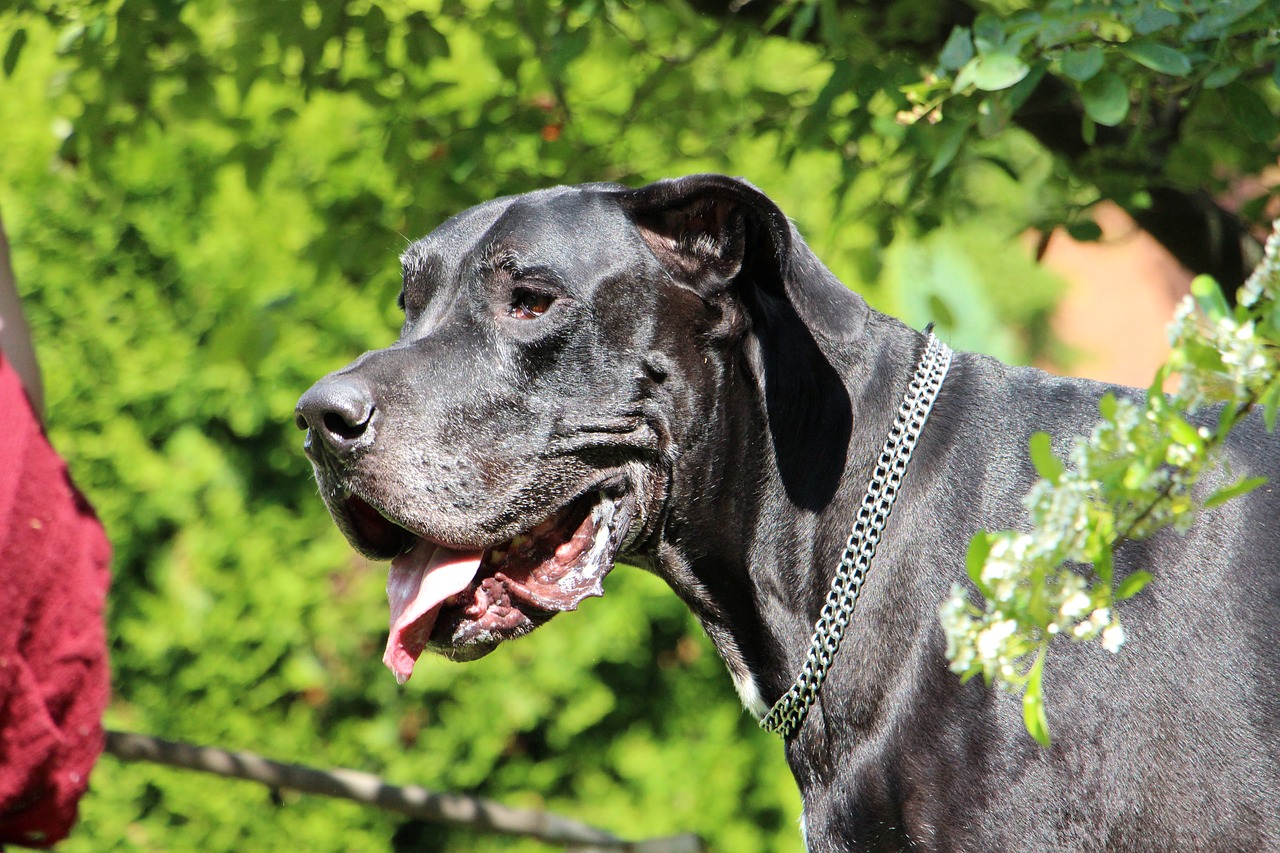
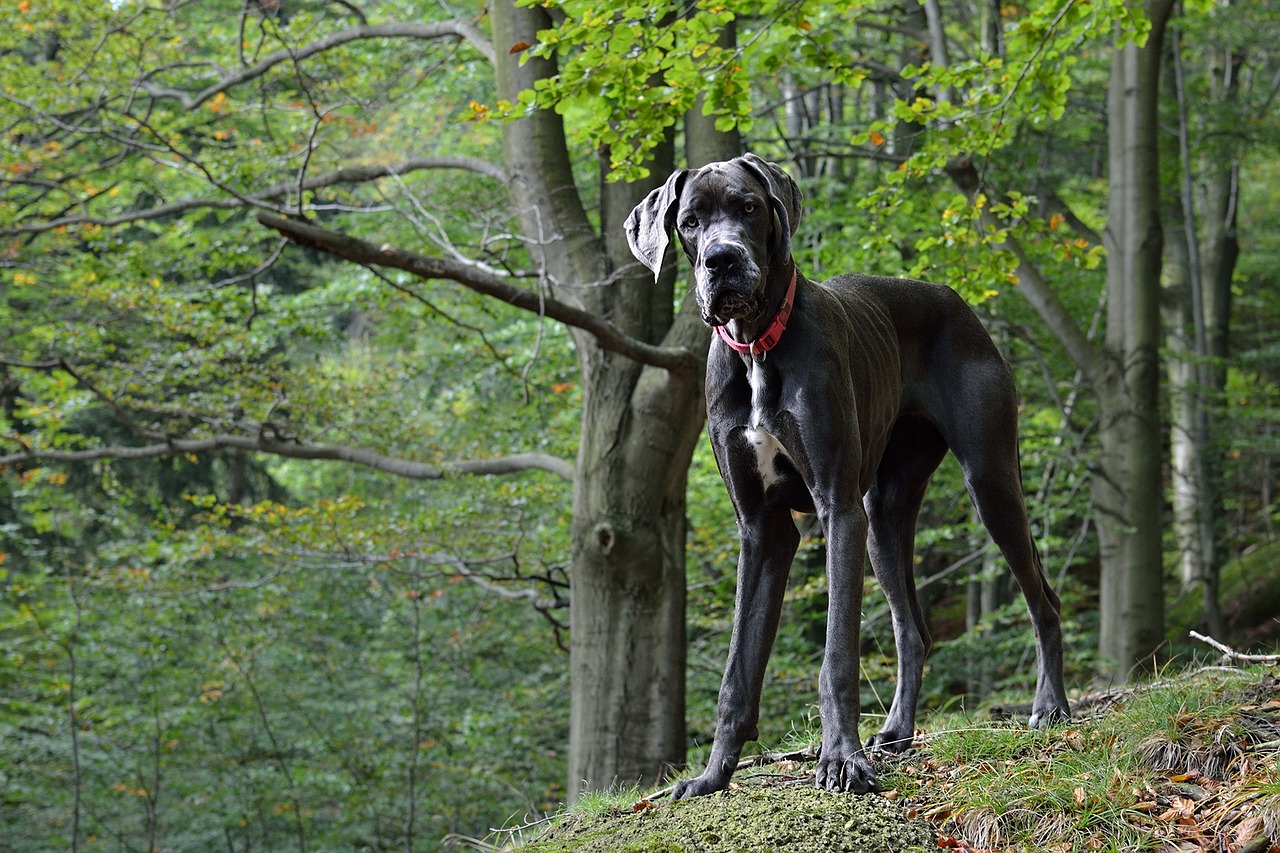
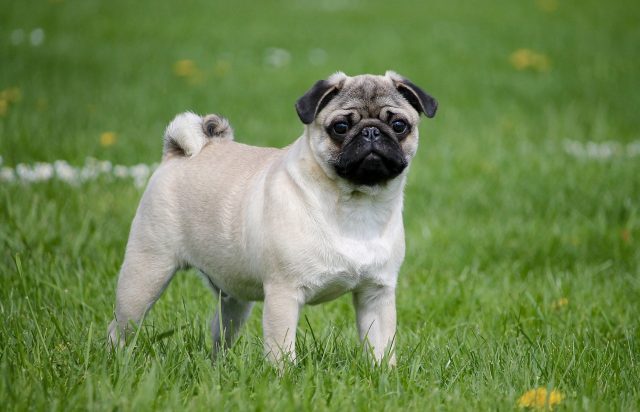
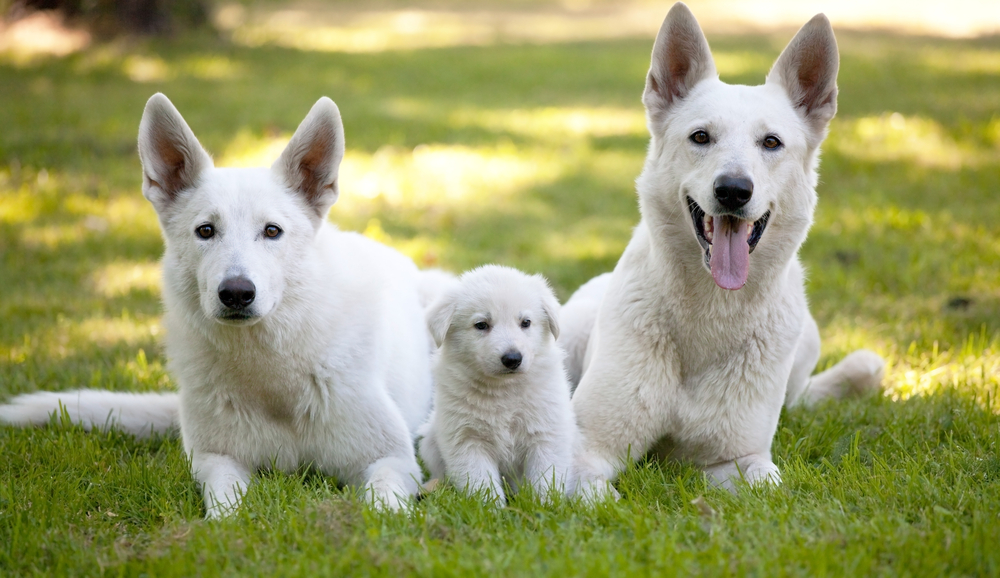
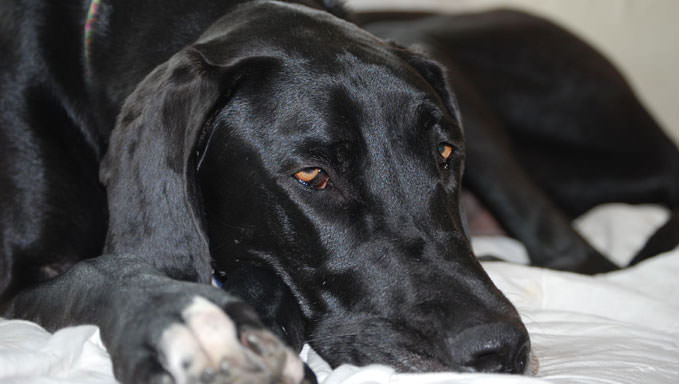
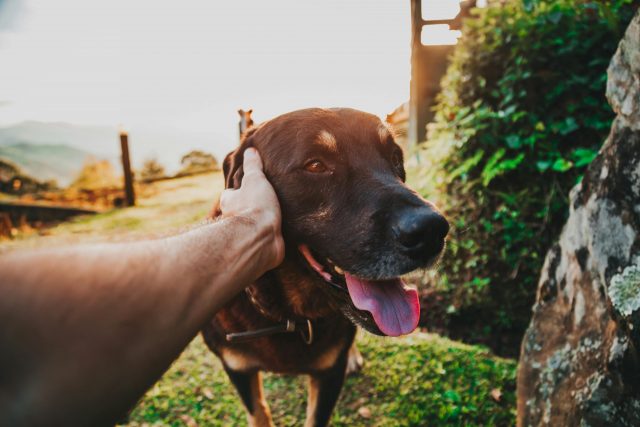
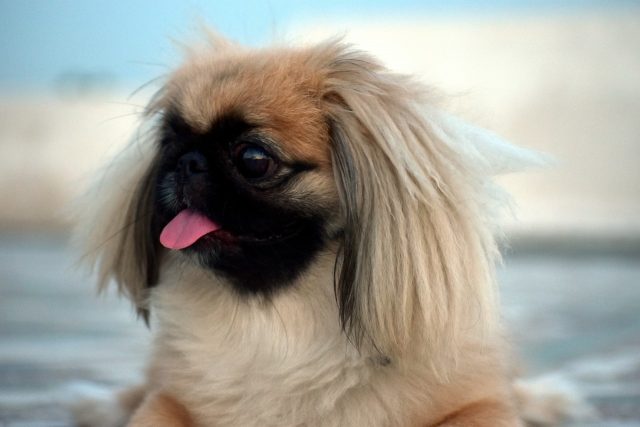
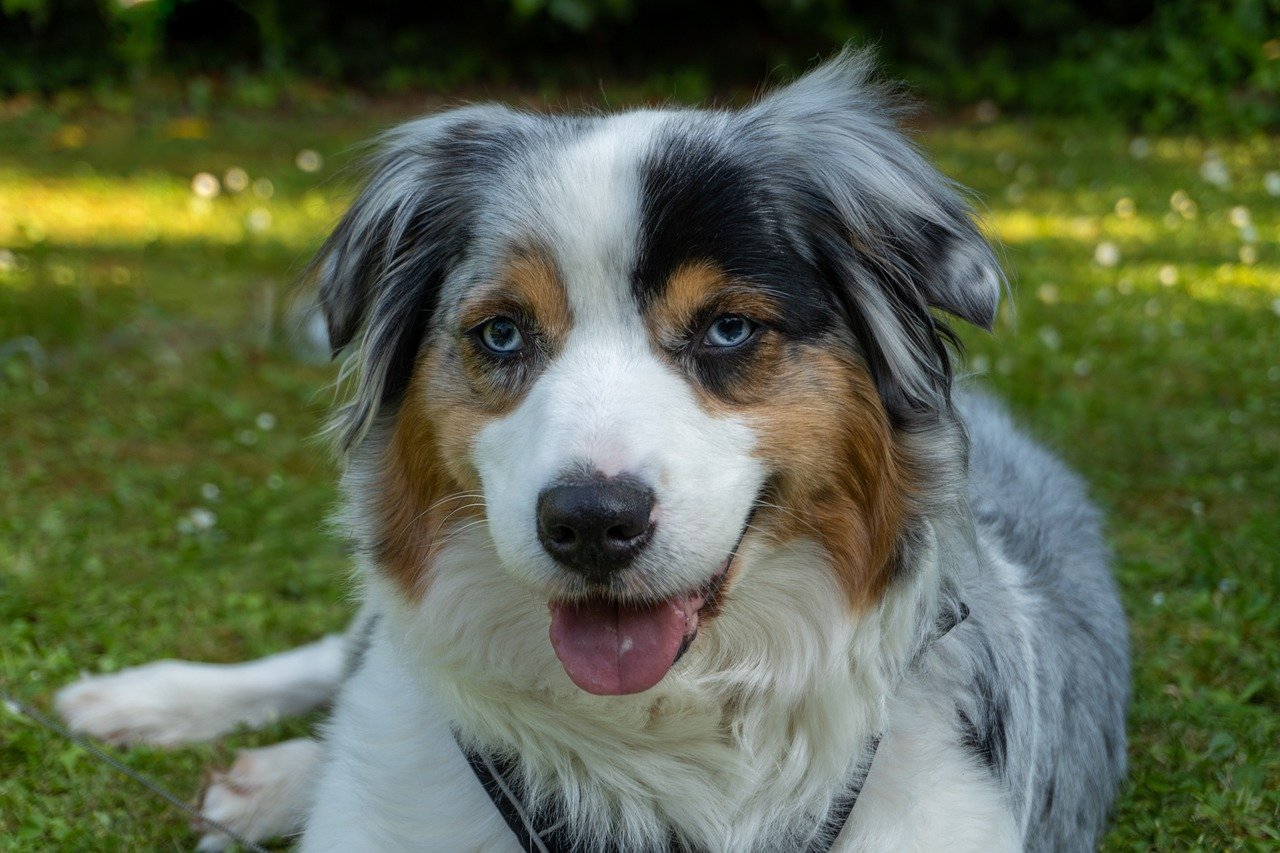
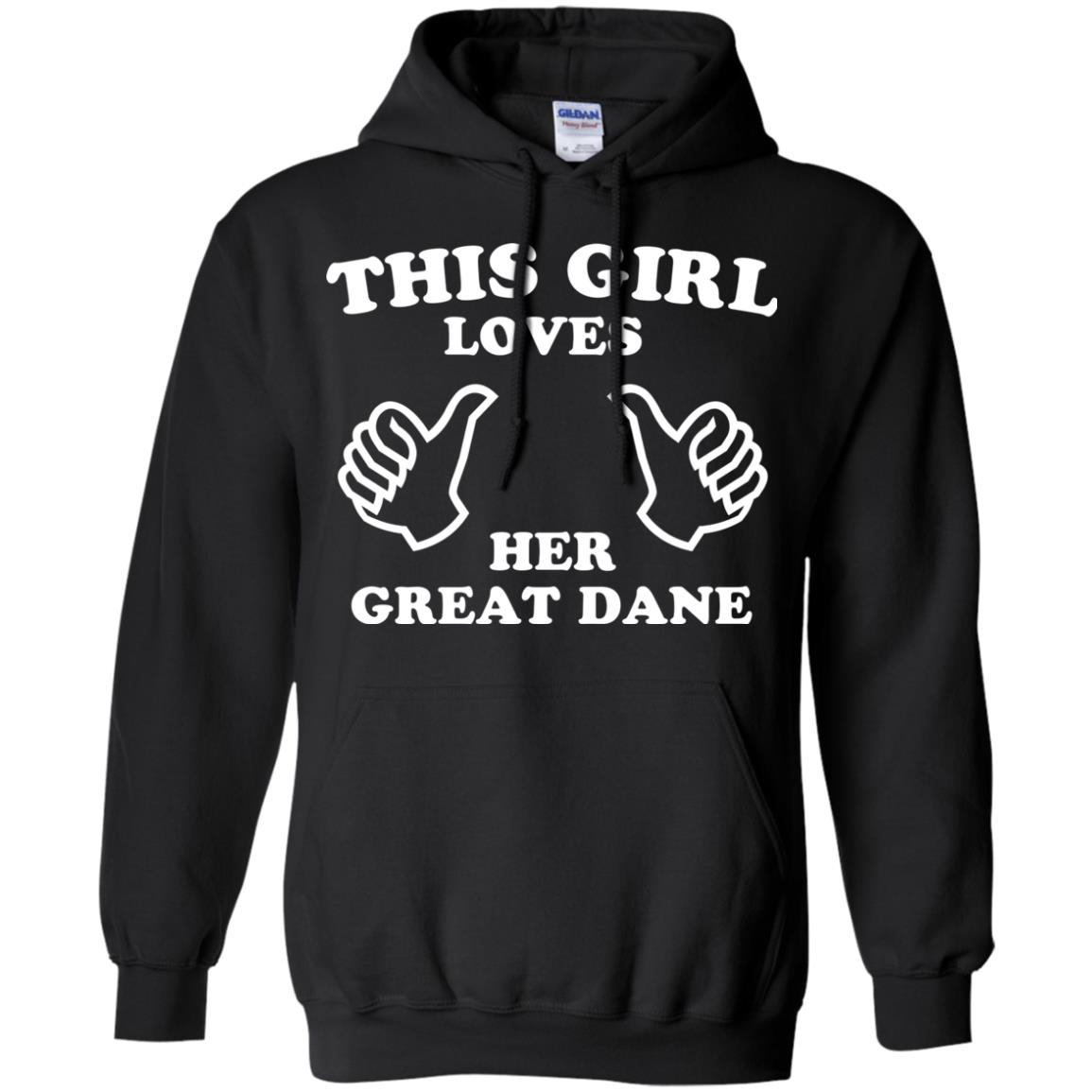
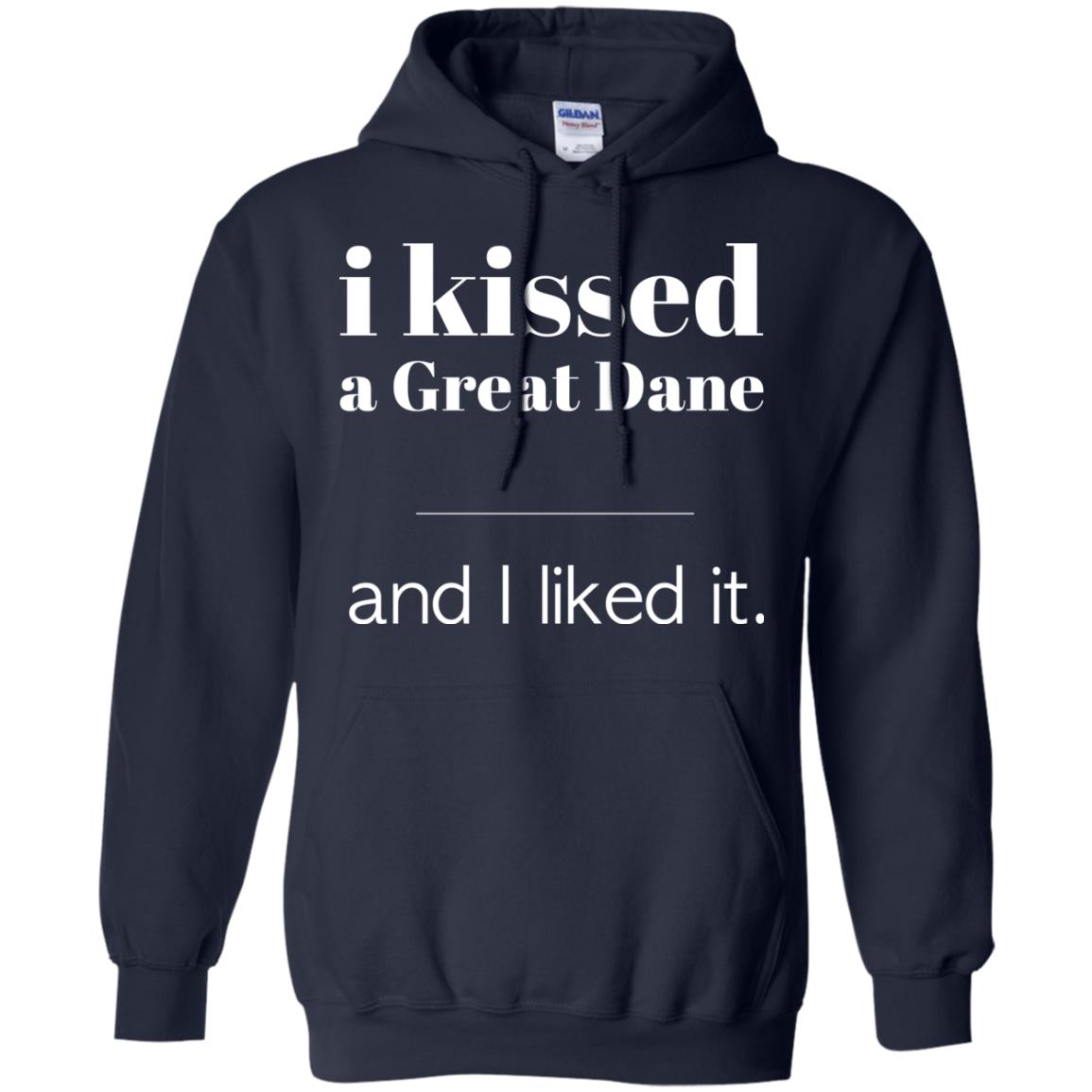
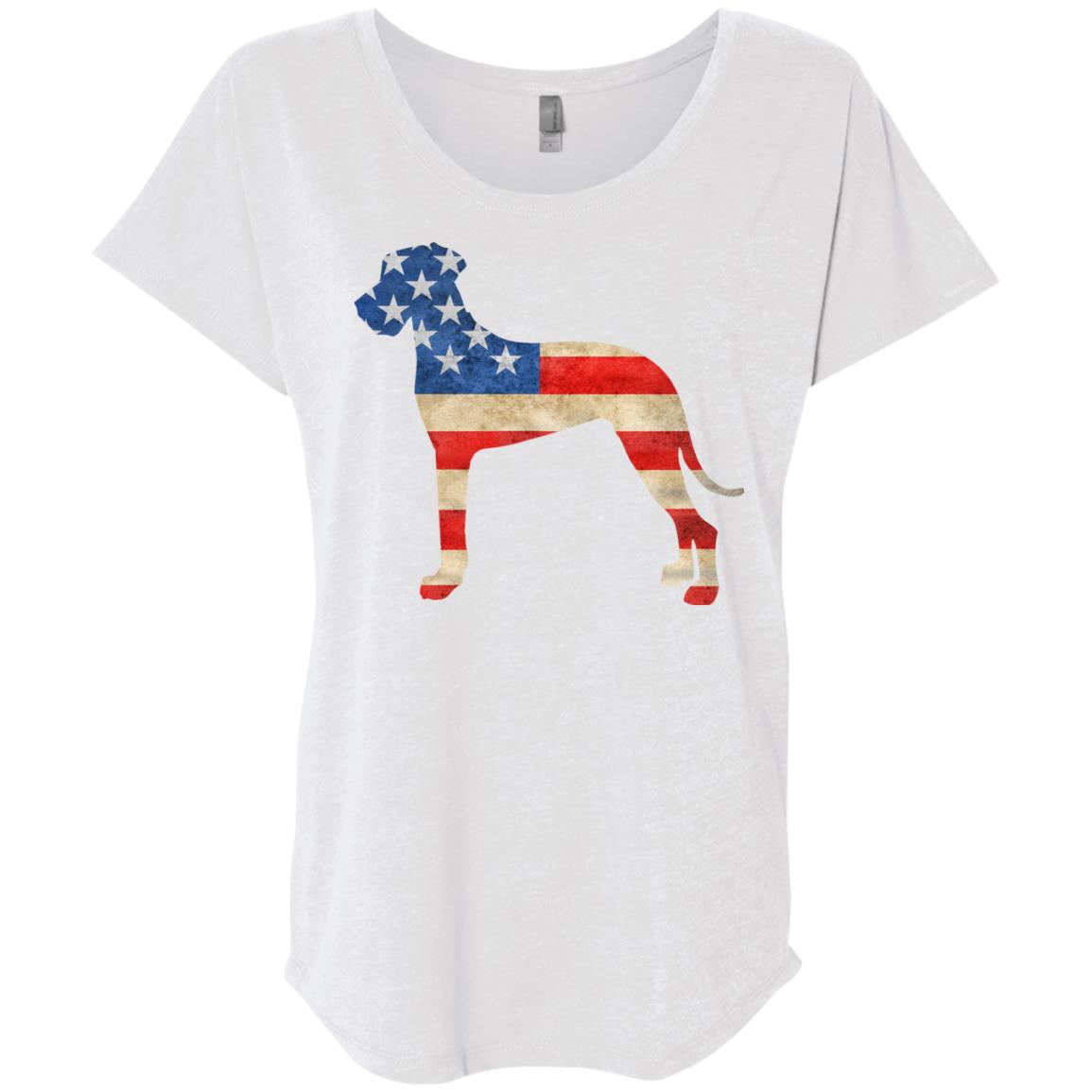
 Toledo, United States.
Toledo, United States.